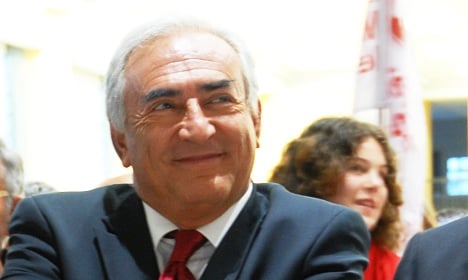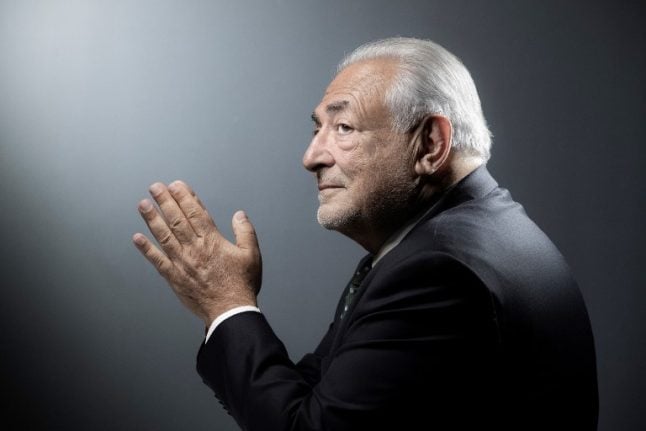The appeals court in the northern town of Douai had been expected on Wednesday to rule on a request from Strauss-Kahn's lawyers to stop a judicial inquiry into claims that he and associates arranged sex parties with prostitutes.
The case is the last in a series of sex-related probes that the former International Monetary Fund chief and one-time presidential front-runner has faced in France.
His lawyers have argued the charge of "aggravated pimping in an organized gang" has not been supported and that investigation procedures were not followed in the case, including with leaks to the press.
"Clearly the questions we have asked them are not so easy to dismiss," one of Strauss-Kahn's lawyers, Henri Leclerc, said after hearing the ruling had been delayed.
The case, known in France as the "Carlton affair", centres around allegations that business leaders and police officials in Lille operated a
vice ring supplying girls for sex parties, some of which are said to have taken place at the Carlton Hotel in the northern city.
Among Strauss-Kahn's fellow accused is Jean-Christophe Lagarde, a police commissioner, and Rene Kojfer, the former public relations officer at the Carlton.
Lawyers for Lagarde and Kojfer have claimed their clients have effectively been caught up in a political witch-hunt against Strauss-Kahn, arguing that there would have been no probe but for his involvement.
Strauss-Kahn suffered a stunning fall from grace following his arrest at a New York hotel on sexual assault charges last year and a subsequent string of sex-related investigations in France.
Criminal charges against him were quickly dropped in the US because of doubts over the reliability of the alleged victim's testimony.
She is however pursuing a civil case against her alleged attacker while Strauss-Kahn, 63, has filed a counter suit against her for defamation and is pursuing a claim of malicious prosecution through the US courts.
French prosecutors last month dropped an investigation into Strauss-Kahn's alleged participation in a gang rape after the woman involved said she had consented and was not pressing charges.
After he resigned from the IMF and returned to France, Strauss-Kahn also faced an accusation from 32-year-old author Tristane Banon that he had tried to rape her in 2002.
French investigating magistrates questioned Strauss-Kahn and his accuser and concluded that while there was prima facie evidence of a sexual assault, the alleged attack had occurred too long ago to be prosecuted.



 Please whitelist us to continue reading.
Please whitelist us to continue reading.
Member comments